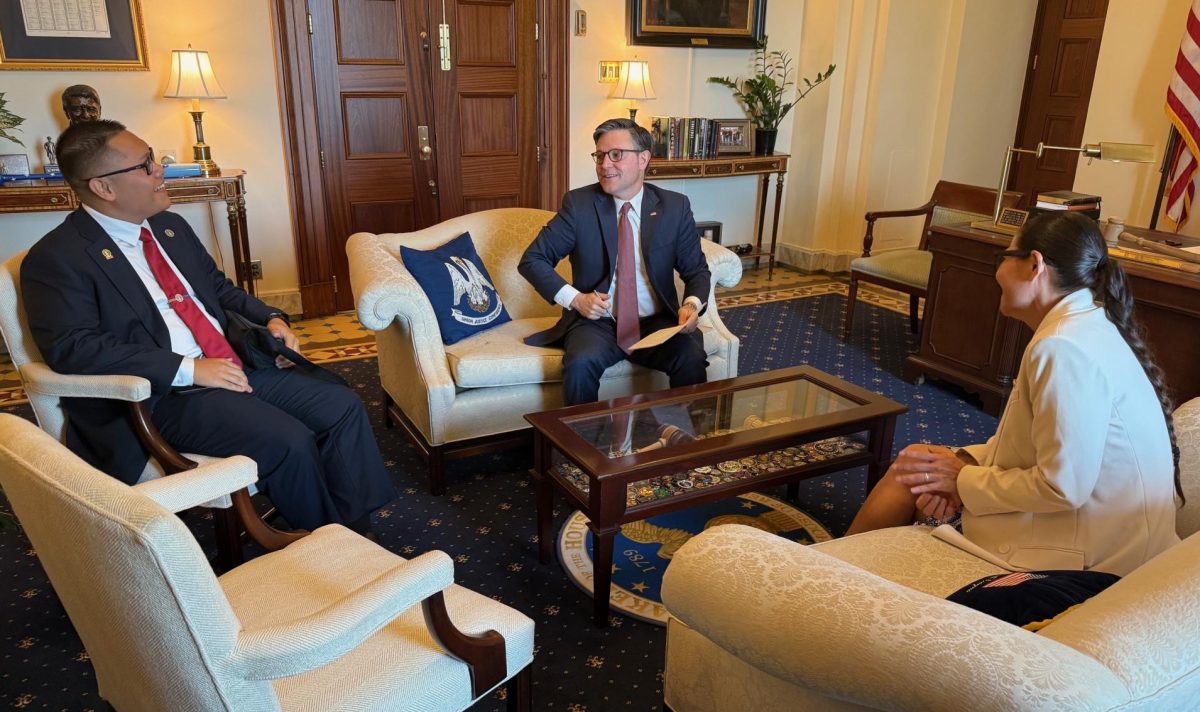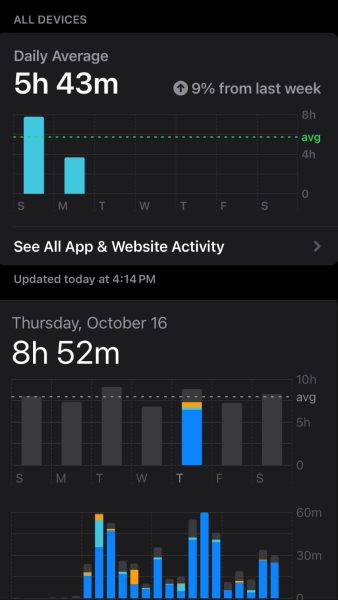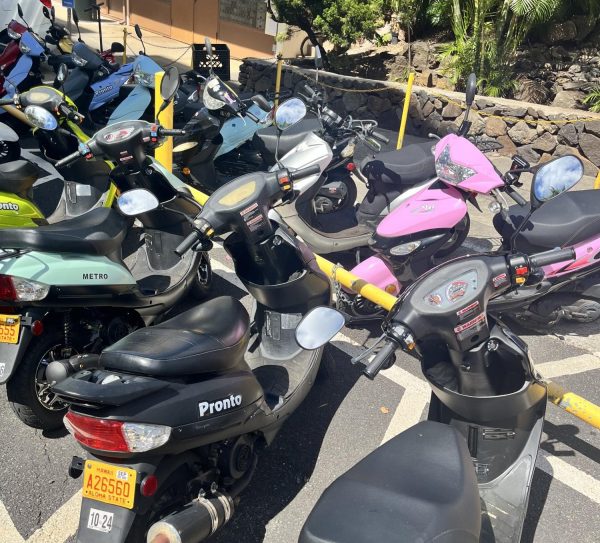The frugality of students
November 20, 2015
The traditional ages of Chaminade University student’s ranges between 18-23 years of age, an age young enough to still expect all of life’s luxuries, but old enough to not actually be able to afford them. Students find ways to save money every way they can, whether it’s spending an excruciating 2 hours opening a coconut so they don’t have to spend $3 on a drink, or raiding hotel bathroom toiletries whenever a visitor is in town, students have cunningly deciphered the line between thieving and spending, and it’s a very tight line to walk.
Hawaii is one of the most expensive places to live in the U.S., a place where shipping costs of dairy can seem like a cow swam from California with cheese duct taped to its leg.
Living in Hawaii does have some benefits though; it’s not all doom and gloom. Junior, David Kasberg said that one tip is to spend as much time away from dry land as possible. “I always try to spend as much time in the ocean as I possibly can.” He said, “Being in the water all day helps me save money, I wouldn’t pay to do things on land. Surfing and homemade sandwiches saves me a lot of money. When I have time to go out, I’ll spend 3-4 hours in the ocean on my beater board, that’s 3-4 hours I’m not spending any money.”
Chaminade student Mitchell Fasolo is also a junior who takes his frugal lifestyle very seriously, while relishing his tap water and Ramen noodles he said “It’s like a full-time job really, there isn’t a day that goes by that I’m not google-ing the price of mayonnaise,” he said. “One thing to keep in mind is that reward cards are one of the most, if not the most important thing in your wallet. Don’t worry about your I.D. or credit card, as long as you have that free coffee coupon and your 250 Foodland Maikai points reward receipt (which enables you to receive the product of the week,) you’re golden.”
Fasolo said the solution is in the details, every penny counts, and pay attention to your spending. No one is going to see you taking scissors to your toothpaste tube to stretch and squeeze for a few extra days, no one is going to say anything if you grab an extra slice of pizza at the Dinosaur club meeting in the library.
Young adults are forced to shop via pricing not preference (which can take a lot longer); they strategize on how to save money. After weeks of saving and budgeting, students may even celebrate by spending their hard unspent savings on mingling with affluent moms while purchasing poke at Whole Foods, just so they can feel ever so slightly rich.
Theresa Cameron is another one of the many Chaminade students whose lifestyle corresponds with expensive tuition fees and Hawaii’s almost prohibitive cost of living. “I have always been quite good with my money, but since being at college, I’ve not able to eat out, she said. “I have to make all my own food at home.” Her money-saving techniques also had an effect on her relationship. “I stopped giving my now, ex-boyfriend a ride on my motorcycle to save gas,” she said.
Students around the country are finding their own ways to save money everyday and there are plenty of drastic ways to save money: don’t offer free rides, remember that there are no shops in the ocean, and when you eat something, make it yourself. Next time you reach for your wallet, maybe reach for your surfboard instead.




